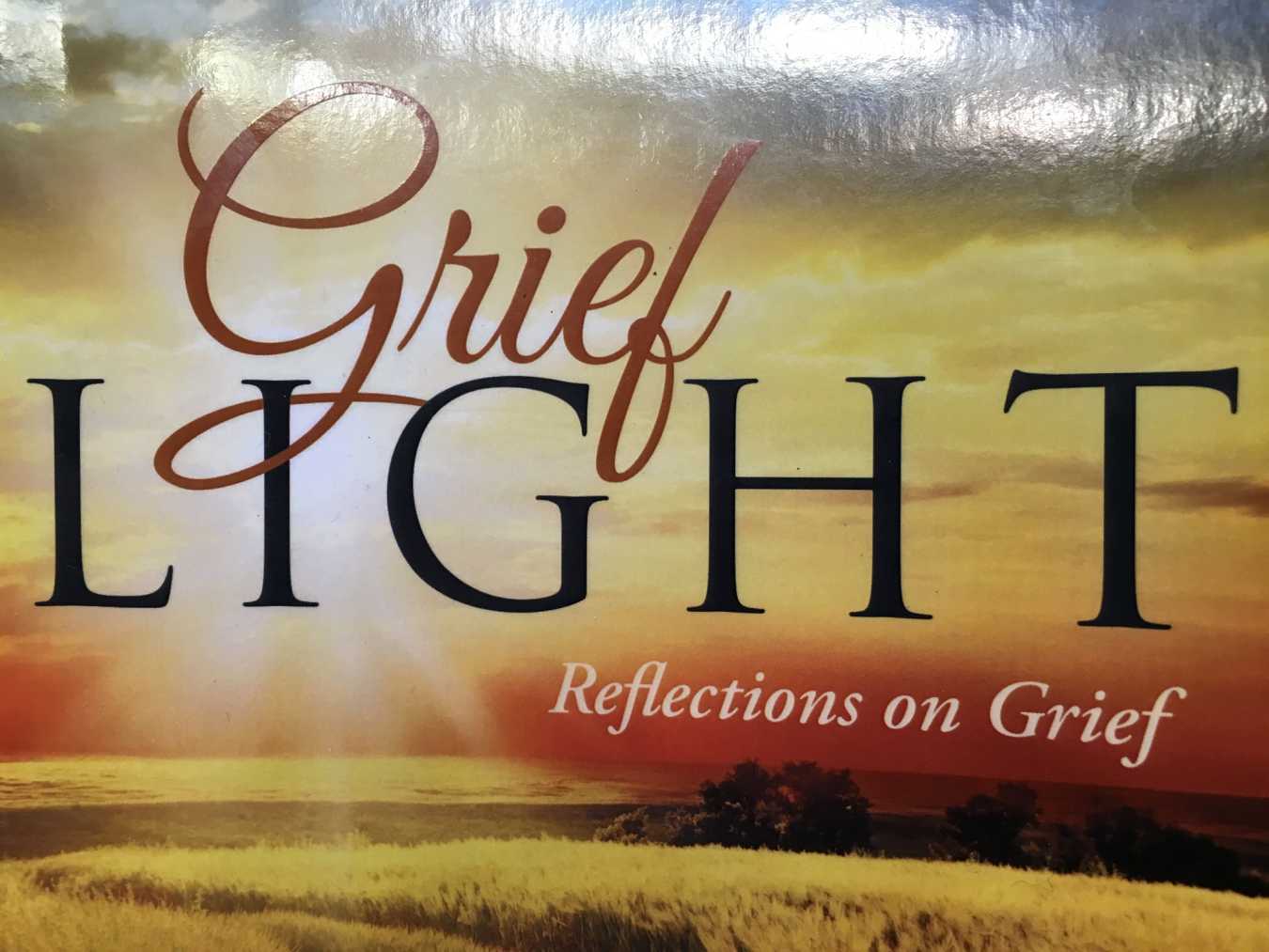Grief is sticky, unpredictable, and deeply personal. But despite how personal it is, there is also something to be said for working through personal grief as part of a group, or in conversation with someone else. There’s something about being able to process grief with others that helps us know that we are not alone.
As human beings, we are all touched by grief in some way, and being able to acknowledge that is like hearing others tell us, “Me, too. We have been there in the valley of the shadow of death, just like you are now. We can walk through this together.”
That shared experience of grief can help ease some of the loneliness we feel as we work through what it means to grieve.
Yet, while the subject of grief is one that nearly everyone has experienced in a personal way, it seems that helpful resources are scarce. Too often, books about grief succumb to the temptation to provide platitudes, pat answers, and minimize the work of grief. Often, these books intended to help cause further pain and isolation, opposite of what is most needed during seasons of active grief.
Grief Light: Reflections on Grief by Julie Yarbrough bravely stays away from platitudes and speaks healing truth about grief. In her series of reflections about grief, Yarbrough offers insight into and solidarity with those who have been thrust into grief through various kinds of losses – both sudden losses, and those losses that were expected.
Each reflection speaks simply to an aspect of grief (fear, anxiety, uncertainty, anger, etc.), offers Scripture, and closes with a prayer. I can see this book being helpful both as a daily reading as well as more of a reference book about grief. The reflections could be read in succession, but each also stands alone as a reflection on whatever stage of grief a person may find herself in.
Yarbrough’s book is simply profound, and a resource that I plan to make available to those in my congregation. It is simple, in that it is written in an accessible style, but profound in the truth it speaks. I resonated most with her reflection on “scrappy grief” and what it means to grieve relationships we never had (but deeply wanted) with people we love, or over situations that cannot be changed. I also found myself mulling over the distinction she speaks about between living fear-ful lives and fear-less ones.
Julie Yarbrough speaks both of the very personal – often drawing on her own experiences with loss and grief – and of complex issues such as grief following mass tragedy.
But, what’s most refreshing to me about Yarbrough’s reflections on grief is how permission-giving each reflection is. Grief takes different courses for different people, and even the same person can grieve two different losses in very different ways. Grief is hard work, it can’t be rushed or avoided, and much of the time we might feel as though we are walking through a fog filled with fear and uncertainty. But somehow or another, we emerge into the light of hope. The grief never goes away, but it becomes less active, and somehow we incorporate the loss of our loved one into who we are and are able to move forward.
Yarbrough wisely writes, “When we grieve, often it seems as though our life has come to a standstill. We feel unable to move forward, away from our experience of death and overwhelming loss…One day we realize we’re slowly on the move again, that we’ve reached a new place in our grief. Our tears aren’t as frequent, our sorrow isn’t as daily. We feel restless, in a good way. We’re seeking direction for a new way to live without our loved one.”
Grief Light offers grace, truth, and light for any who are navigating the journey of grief. For those who feel alone in their journey through grief, Julie Yarbrough’s work is like a traveling companion, a voice reminding us we are not alone.

My Thoughts
